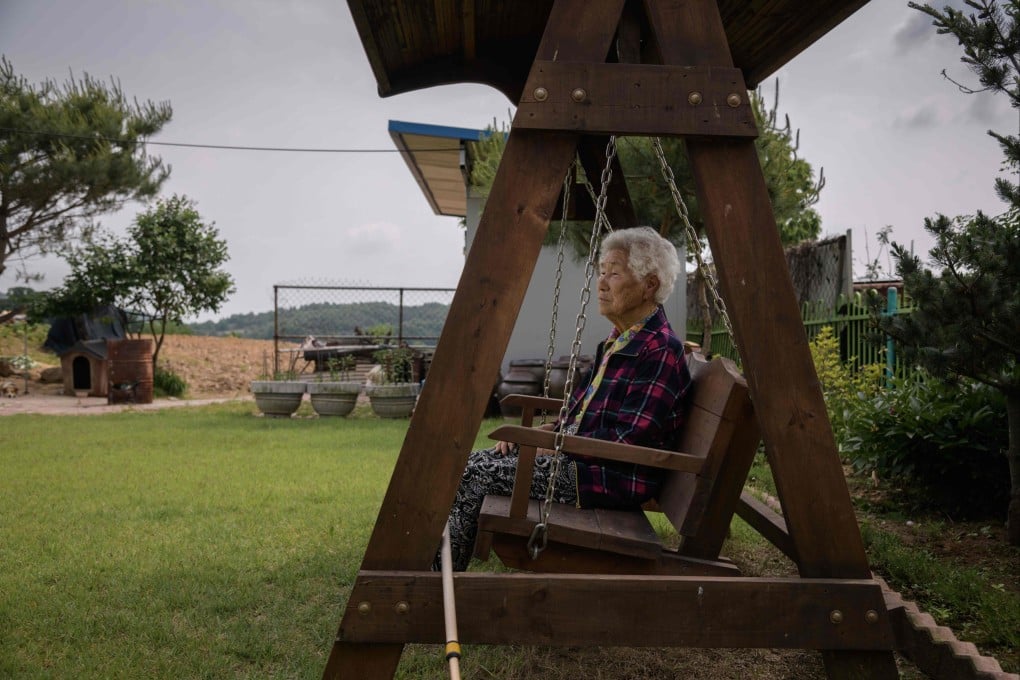Developing Asean is getting old before getting rich, and pensions aren’t keeping pace
- Families have traditionally provided for the elderly in Southeast Asia but as they become smaller a greater burden will fall on the state
- People are having fewer children and in three decades over one-fifth of the population will be aged 60 and above.

Until last year, it was a home she shared with her husband of 46 years, who died at age 91.
Now, his made-up bed lies empty. Samorn keeps a photo of him in his younger days, dressed in a crisp naval uniform, in a handbag that hangs near her pillow.
“I miss him. It gets lonely,” the widow says. “I don’t have kids, and I don’t want to ask my niece and nephews to come to help me too much. They have their own lives and problems.”

With an income of 700 baht (US$22) from a statutory monthly pension, Samorn says she doesn’t turn on the air-conditioning even in the sweltering Thai summer to save on power.
“I wish the government would provide affordable homes for old people,” says Samorn, who has a range of medical conditions including diabetes and hypertension. “I go to bed alone every day … if something happens to me, at least someone there would know.”